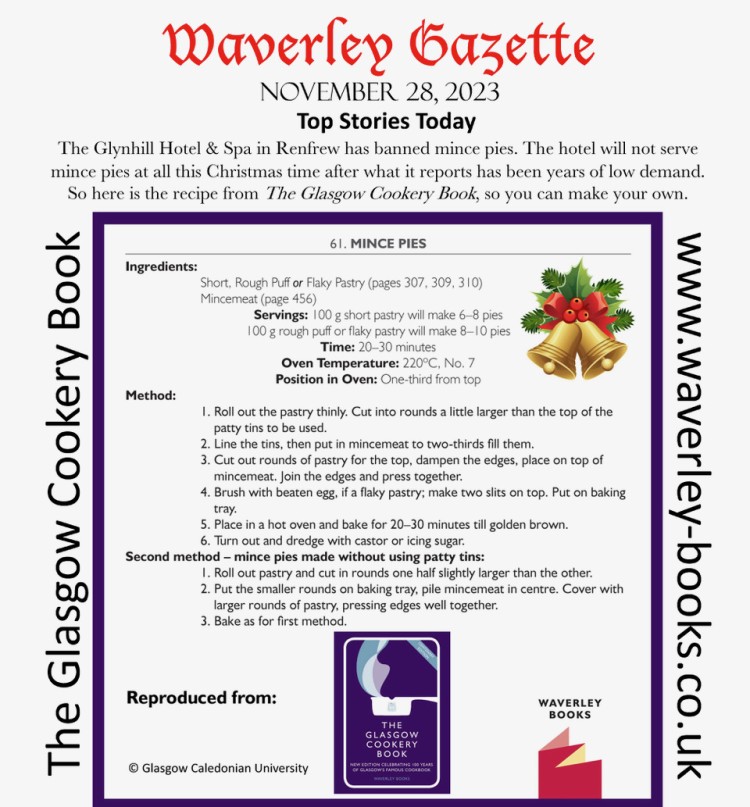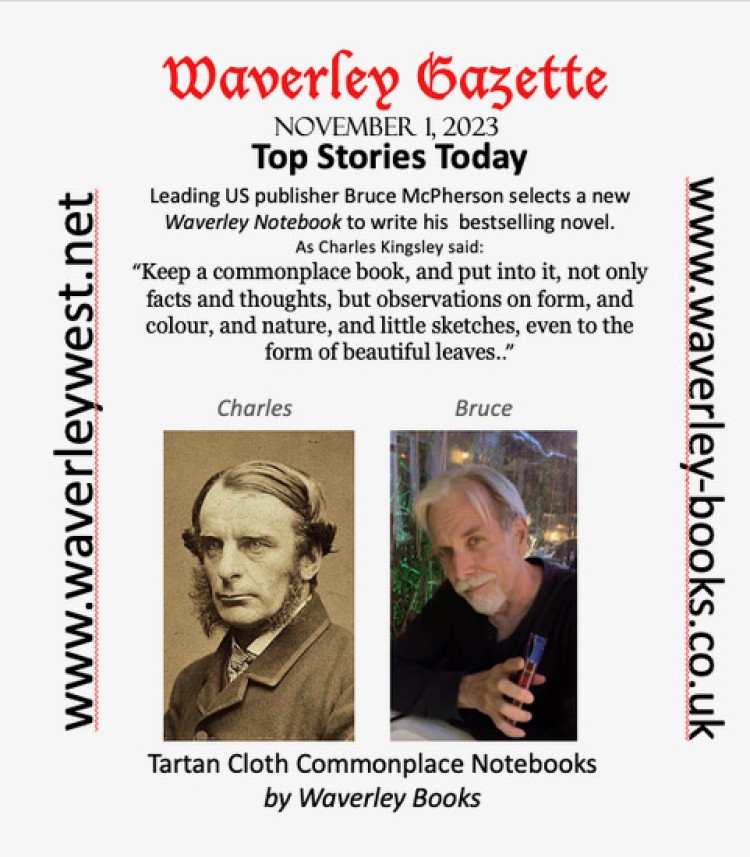Browse our …
You've viewed …
You haven't yet viewed any products on our store. If you've been here before, you may need to sign in.
On Twitter …
The Waverley Gazette
Welcome to our latest news
What is a commonplace notebook?
What is a ‘commonplace’ notebook?
The ‘commonplace book’ popular in the 16th and 17th centuries was a sort of personal scrapbook.
Writers, scientists, philosophers, thinkers – let’s call them writers, used commonplace notebooks where they could copy, or jot down, items of interest. The commonplace, then, was a personal treasure trove of information. Although the printing press had been invented in 1450, by Gutenberg, and thus enabled the mass production of books and fast flow of knowledge across Europe, it would take another 400 years for printing presses to be ‘common'.Sharing with friends
Paper and notebooks were expensive, so in the 1500s and 1600s, writers lent their commonplace books to friends. Friends then would pore through the entries and copy anything of interest for themselves in their commonplace notebook.
The practice of maintaining a commonplace book and exchanging texts with others also served as a form of self-definition. The poems or aphorisms you chose to copy into your book, or to pass on to your correspondents, said a lot about you. The commonplace book as a whole was a reflection of your character and personality.
Did Robert Burns wear tartan/plaid? And did Burns wear a kilt?
At this time of year, with Hogmanay fast approaching, eyes turn to Scotland.
We have been recently asked - did Robert Burns wear tartan and did he wear a kilt?
Burns was a lowland farmer. He was conventionally dressed, in breeches. He wore the Shepherd's Check, a black and white checked fabric. This design is also known as the Border tartan, and that is sometimes known as the Northumbrian tartan, Shepherd's Plaid, or Borders' check. It has been around for a long time and so it has many names. Sir Walter Scott was also known to wear the Border tartan. James Hogg also wore this tartan. The modern Border tartan is a crossweave of small dark and light checks, much simpler than many of the colourful, complex tartans we know and think of today when tartan is mentioned.
last orders for Christmas through this website:
Last order date to arrive by Royal Mail in the UK by Christmas:
We need your orders by Sunday 16th December. All orders are swiftly despatched by BookSource. Any order placed after 16th December - sorry, we cannot guarantee it to arrive in time for Christmas. Thank you for your orders and best wishes from the team in Glasgow.
Mince pies banned? Make your own with this recipe!
When mince pies get banned, how do those who love them, cope? Well, a simple solution is just to make your own. We are resourceful canny folk. If we could get together with family who went before, it would be fascinating to hear about the years when Christmas was banned in Scotland; and the tuts uttered when jelly was used in a trifle (beginner's mistake...) and to hear about ways around these trifles... 
Charles Kingsley used a Commonplace notebook
Part of our series on users of the Commonplace notebook, this note is about the British social reformer, Christian Socialist and writer Charles Kingsley. His best known popular work of the time is probably The Water Babies, but with over 40 novels, short stories and poems to his name, Kingsley packed in a prolific output in a short time. His secret? Passion, intellect, faith and his use of the commonplace notebook in which to gather his thoughts and ideas.

